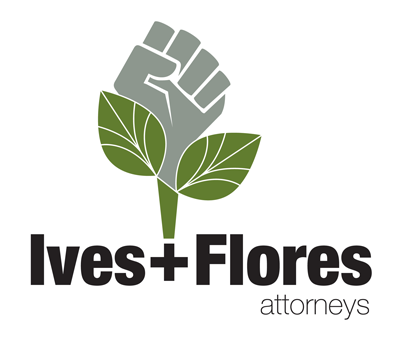Of all of the rights that the United States Constitution grants to us, the right to due process is one of the most important. It guarantees that we will not have limitations on our freedom without the ability to prepare and present a defense to the limitations. But do these rights apply in the context of our employment? If your employer tries to fire you, can you request a hearing and present a defense to the termination? The answer, like for so many legal questions, is that it depends.
Employees of private employers
The constitutional right to due process exists to protect us from governmental overreach. This means that it only applies in contexts where the limitation on our freedom or the taking of our property is coming from the government.
If your employer is a private corporation or other entity, and not a governmental entity, then the right to due process simply does not apply to them.
Public employees
However, just because your employer is a governmental agency does not necessarily mean that you can invoke your due process rights if your employer tries to terminate your employment. Due process only applies to certain governmental employees – those who have a property interest in their employment.
There are certain careers that have a property interest in their employment that is based on either a statute or a legal precedent – such as a teacher in a public school who has attained tenure. In other situations, an employment contract might specifically grant a property interest in employment to the employee.
If your employment falls under this category, and you have a property interest in your public job, then you have the right to due process concerning your employment status. This means that, if your employer wants to fire you, they must first give you advance notice and give you time to request a hearing and prepare a defense. If not, they may be liable for violating your due process rights.
